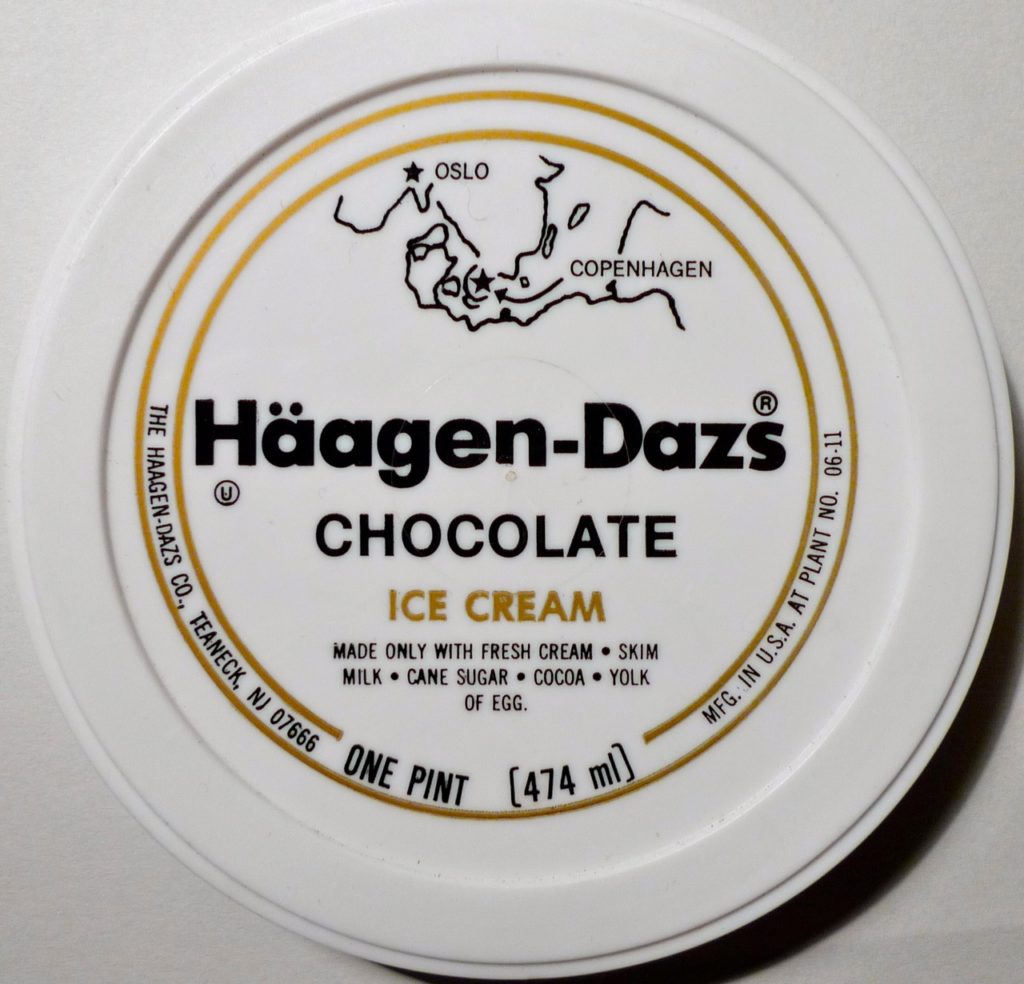1. Anything that you plug into an electrical outlet. Why risk burning down your house or electrocuting yourself to save $1 or $2? The only way you can sell a power strip, extension cord, or night light for $1 is by making it on the cheap.
2 Electronics. Cell phone charger cords are cheap, but good ones cost more than $1. Why risk frying your cell phone to save 2 bucks on a charger cord?
3. Batteries. Cheap batteries leak and can damage your gadgets. Brand-name batteries at dollar stores are often old and near the end of their shelf life, which is why they are cheap.
4. Vitamins. Most vitamins sold at dollar stores are brands you never heard of. You have no way of knowing if anyone tested them for potency or safety. Like batteries, brand-name vitamins sold at dollar stores are often old and near the end of their shelf life.
5. Makeup. Who knows what cheap makeup is made out of? They don’t list the ingredients, and anything you put you put on your face will be absorbed into your skin.
6. Anything that makes fire. This includes matches, butane lighters, candles, flares, fire starters, lighter fluid, etc. It’s just too dangerous.
MY FAVORITE THING TO BUY AT DOLLAR TREE is Häagen-Dazs ice cream cups. They usually have them in a freezer next to the cash registers. These cups are small, but I like this size. There’s a little spoon under the lid.
Does Häagen-Dazs come from Denmark? No, but they have tried to give people that impression. Häagen-Dazs even used to have a map of Denmark on the lid with an arrow pointing to Copenhagen. (See photo below.) Häagen-Dazs was started by a non-Danish couple in New York. They wanted a name that sounded Danish because Denmark is noted for its high quality dairy products, and Americans have a positive image of Denmark, but Häagen-Dazs means nothing in Danish. Besides, there is no umlaut (the 2 little dots over the ‘a’) in Danish. There are some characters in the Danish alphabet that we don’t have in the American alphabet, like the letter that looks like an ‘a’ and an ‘e’ squashed together, like in ‘Julius Cæsar,’ but there’s no umlaut. In 1980, Häagen-Dazs sued Frusen Glädjé, a competing ice cream brand with a fake Swedish name. Frusen Glädjé means nothing in Swedish and was never made in Sweden. Häagen-Dazs argued that selling ice cream with a fake Scandinavian name was their idea and that no one else had a right do it. They lost the lawsuit. Kraft sold Frusen Glädjé to Unilever, which discontinued the product. Häagen-Dazs is now made in countries all over the world – but not in Denmark.

